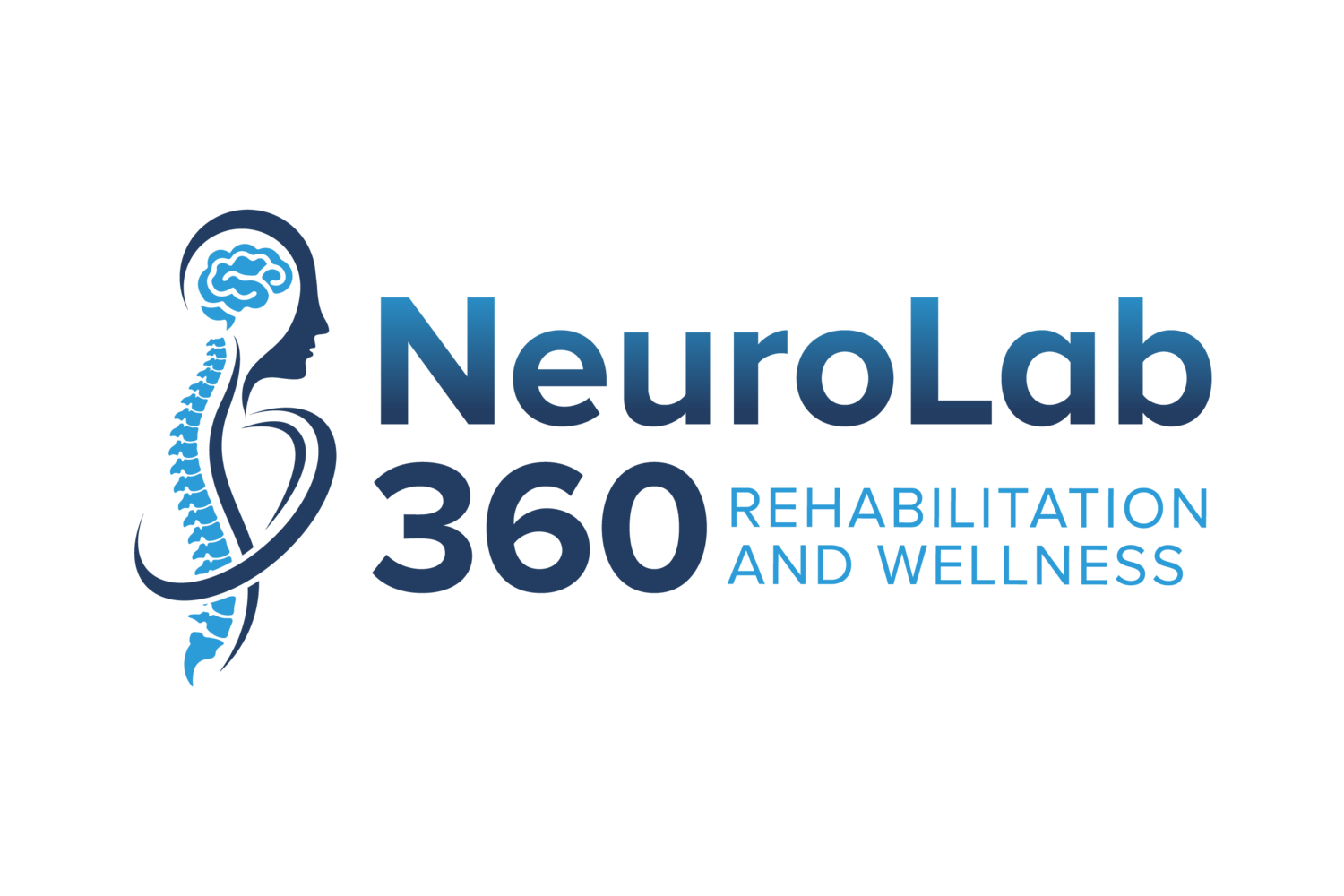Occupational Therapy
What is Occupational Therapy and why it is important?
Occupational Therapy (OT) strives to restore, maintain, and/or promote a patient’s health through the activities they find meaningful to perform or necessary for living independently. The primary focus lies in fostering self-care skills, encompassing essential activities like eating, dressing, bathing, and more complex tasks such as preparing a meal independently. In addition, an Occupational Therapist (OTs) will recommend compensatory strategies and equipment as needed to improve a person's ability to complete activities independently. The goal of OT is to get you back to doing the things you want and need to do.
Areas of focus for Occupational Therapy
1) Functional Independence
Neurologic conditions, such as stroke, traumatic brain injury, or Parkinson's disease, can significantly impact an individual's ability to perform daily activities. Occupational Therapists collaborate with patients to regain or enhance their functional independence. Through targeted interventions, patients learn adaptive strategies and techniques that empower them to overcome challenges and achieve their daily goals.
2) Motor Skills
Neurologic conditions often affect motor skills, leading to difficulties in coordination, balance, and fine motor control. OTs employ specialized exercises and activities to enhance motor skills, promote improved movement and reduce the risk of injury.
3) Cognitive Rehab
Many neurologic conditions can impact cognitive functions, including memory, attention, and problem-solving. Occupational Therapists design interventions to stimulate and rehabilitate cognitive abilities. This may involve engaging activities that challenge and enhance cognitive processing, fostering improved mental clarity and cognitive function.
4) Adaptive Equipment and Environmental Modifications:
In the case an individual cannot perform a specific task as is, an Occupational Therapist will recommend adaptive equipment or devices to help facilitate performance. In addition, they can offer advice in-home and environmental modifications to reduce risk of falling or simplify an activity.
5) Community Reintegration
OTs play a crucial role in facilitating the community reintegration of individuals with neurologic conditions. By addressing mobility challenges, social skills, and vocational training, Occupational Therapists empower patients to reintegrate into their communities, fostering a sense of belonging and purpose.
Working on the above focuses can improve the following activities:
Activities of Daily Living
Bathing/grooming
Dressing
Feeding
Toileting
Functional mobility
Personal hygiene
Instrumental Activities of Daily living:
Grocery shopping
Handwriting
Community participation
Caring for pets & animals
Meal preparation
Household maintenance
Safety maintenance
How OT’s can help individuals achieve their goals:
An OT will set goals that are attainable based on a person’s limitations and functional performance. These goals are personal and individual to each client and may be modified to expand their mobility and skill performance. Modifying a routine or alternating a patient’s habits toward reaching max independence is beneficial for their mental and physical health as their confidence and motivation to perform grows.
Neurological conditions treated by Occupational Therapist:
Occupational Therapy can help with many different neurologic conditions, below are a few that we regularly see and help with at NeuroLab 360:
Traumatic Brain Injury
CVA (stroke)
Multiple Sclerosis
Parkinson’s Disease
ALS
Spinal Cord Injury
Conclusion
An OT’s role is to enable clients to manage their daily tasks independently. OTs work with clients on an individual level using a holistic approach that works to improve function, break down specific tasks as needed, modify a patient’s environment/routine, and teach alternative methods to achieve independence in meaningful tasks.
In need of an Occupational Therapist? Give us a call to schedule an evaluation, we’d be happy to help you!
Phone: 760-704-8237
Email: Info@neurolab360.com

